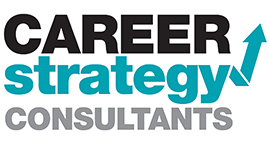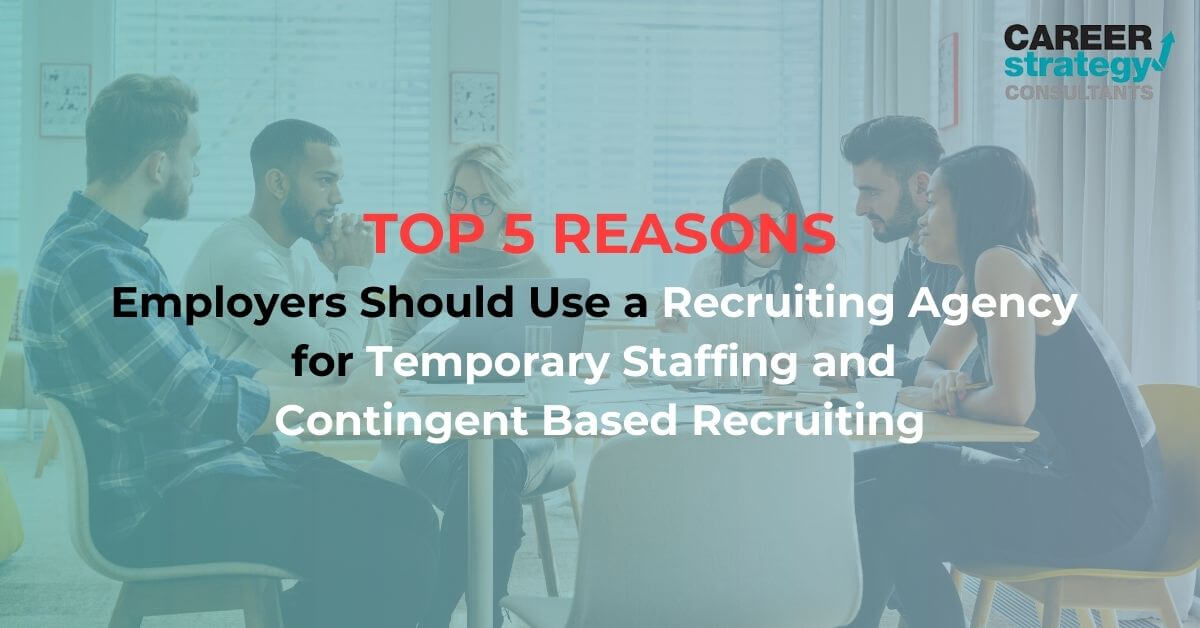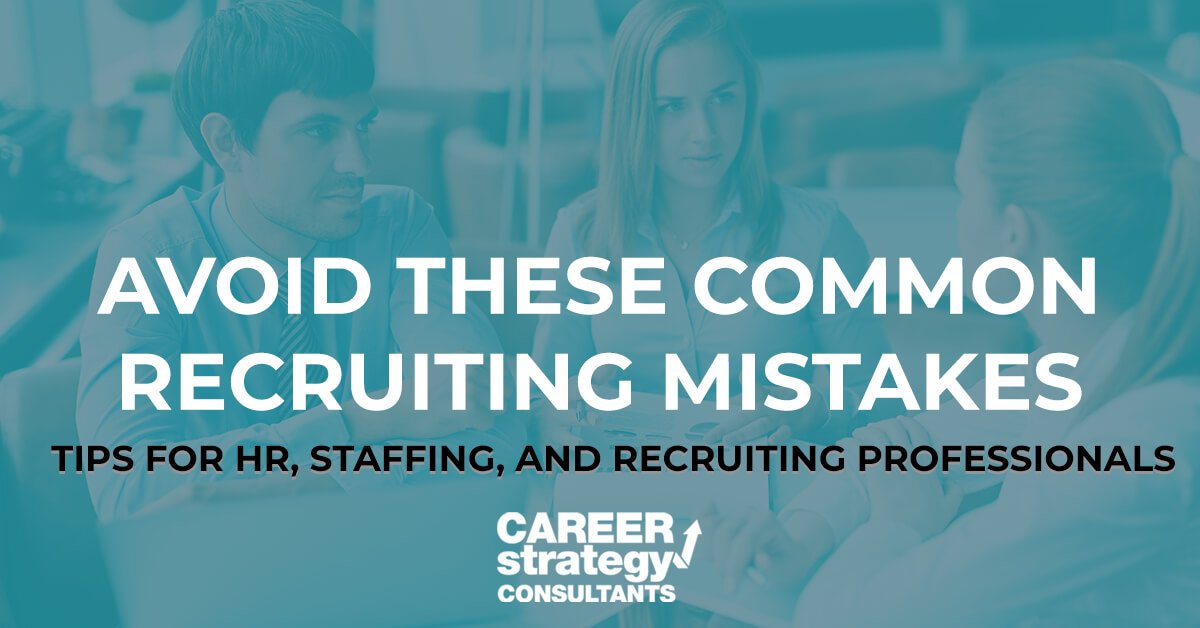Recruiting Agency vs. Hiring Direct: Pros and Cons

In the fast-paced world of business, finding the right talent to drive your organization forward is crucial. Many businesses face the decision of whether to utilize a recruiting agency or hire directly. Both options have their advantages and disadvantages, and understanding them can help you make an informed choice. In this blog, we’ll explore the pros and cons of using a recruiting agency versus hiring directly, helping you make the right decision for your hiring needs.
Pros of Using a Recruiting Agency
- Access to a Wider Talent Pool: Recruiting agencies have extensive networks and databases of potential candidates. This allows them to tap into a diverse talent pool, including passive candidates who may not be actively seeking new opportunities. This wider reach can lead to finding candidates with unique skills and experiences.
- Expertise and Specialization: Recruiting agencies often specialize in specific industries or job functions. They understand the nuances of your industry and can provide valuable insights into the qualifications and traits needed for success in a particular role. This expertise can save you time and resources in the hiring process.
- Time Savings: Partnering with a recruiting agency can significantly expedite the hiring process. They handle the initial screening, interviewing, and candidate selection, allowing you to focus on your core business activities. This can be especially beneficial when you have urgent hiring needs.
- Reduced Risk of Bad Hires: Recruiting agencies are skilled at evaluating candidates, including their qualifications, cultural fit, and career goals. Their experience minimizes the risk of making costly hiring mistakes, such as hiring an ill-suited candidate who may not stay long-term.
- Cost-Efficiency: While recruiting agency fees can seem high upfront, they can save you money in the long run. By reducing the time spent on recruitment and helping you avoid bad hires, they contribute to a more cost-effective hiring process.
Cons of Using a Recruiting Agency
- Cost: Recruiting agency fees can be a drawback for some businesses, especially small or startup companies with limited budgets. Agencies typically charge a percentage of the hired candidate’s annual salary, which can add up.
- Lack of Direct Control: When you work with a recruiting agency, you may have less direct control over the hiring process. This can lead to concerns about the agency’s ability to accurately represent your company culture and values during candidate interactions.
- Potential for Misalignment: Not all recruiting agencies will fully understand your company’s needs and culture. If there’s a misalignment in priorities or values, it may result in candidate recommendations that don’t fit your organization’s requirements.
Pros of Direct Hiring
- Cost Savings: Direct hiring allows you to avoid the fees associated with recruiting agencies. Over time, this can result in significant cost savings for your business, particularly if you have frequent hiring needs.
- Direct Control: You have full control over the hiring process, from crafting job descriptions to conducting interviews. This control ensures that candidates are a good fit for your company’s culture and values.
- Faster Communication: Communication with candidates can be more direct and immediate when hiring directly. This can streamline the process, ensuring that qualified candidates are not lost to delays.
Cons of Direct Hiring
- Time-Consuming: Managing the entire hiring process internally can be time-consuming, especially if you have limited HR resources. The time spent on recruitment can detract from other essential business activities.
- Limited Access to Talent: Direct hiring may limit your access to a diverse pool of candidates, particularly if your organization lacks the networks and resources that recruiting agencies possess.
- Risk of Bad Hires: Without the expertise of a recruiting agency, you may face a higher risk of making hiring mistakes. These can result in costly turnover and disruption to your operations.
The decision between using a recruiting agency and hiring directly depends on your organization’s unique needs, resources, and priorities. Each approach offers distinct advantages and drawbacks. Consider your budget, timeline, and expertise when making this important decision. Whether you choose to partner with a recruiting agency or handle hiring internally, your goal is to find the best talent to drive your company’s success.
Are you ready to make an informed choice about your hiring strategy? Whether you opt for a recruiting agency or direct hiring, Career Strategy Consultants, Inc. is here to help you every step of the way. With our expertise in talent acquisition and industry specialization, we can provide you with the right solutions for your hiring needs.
Contact us today to discuss how our services can benefit your organization. Let us be your partner in building a talented and dynamic team that will drive your company’s success.
Don’t wait; make the smart choice for your future growth with Career Strategy Consultants, Inc.

More Than Just Staffing
For Employers
For Individuals



















